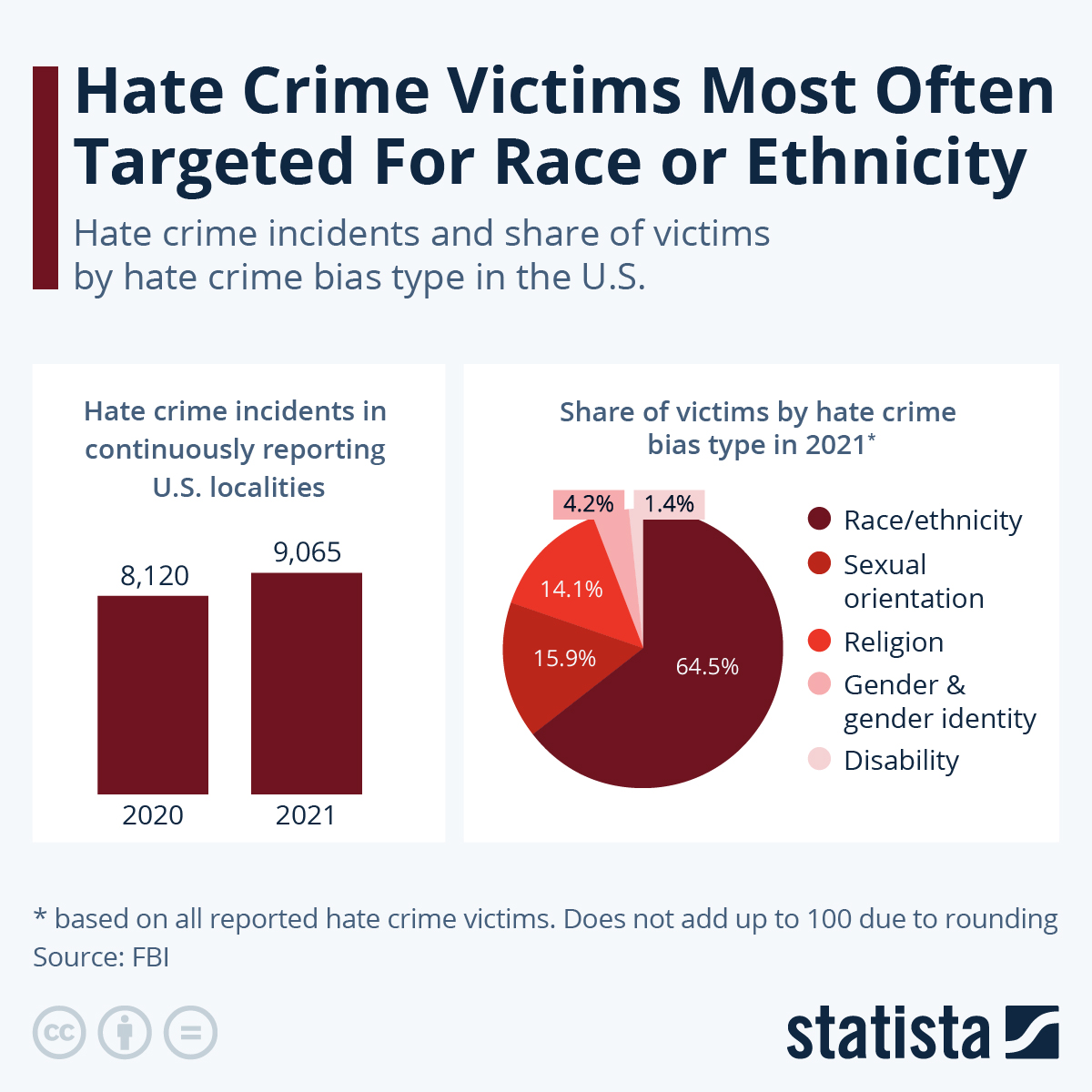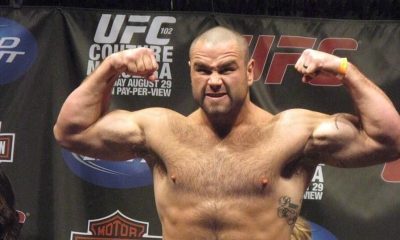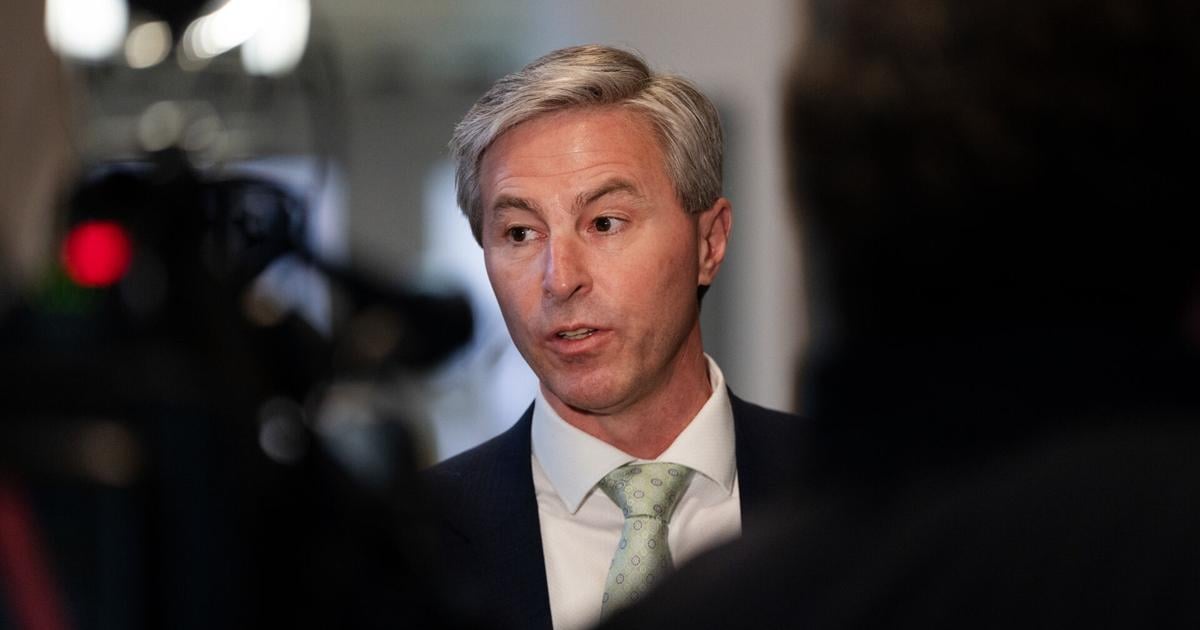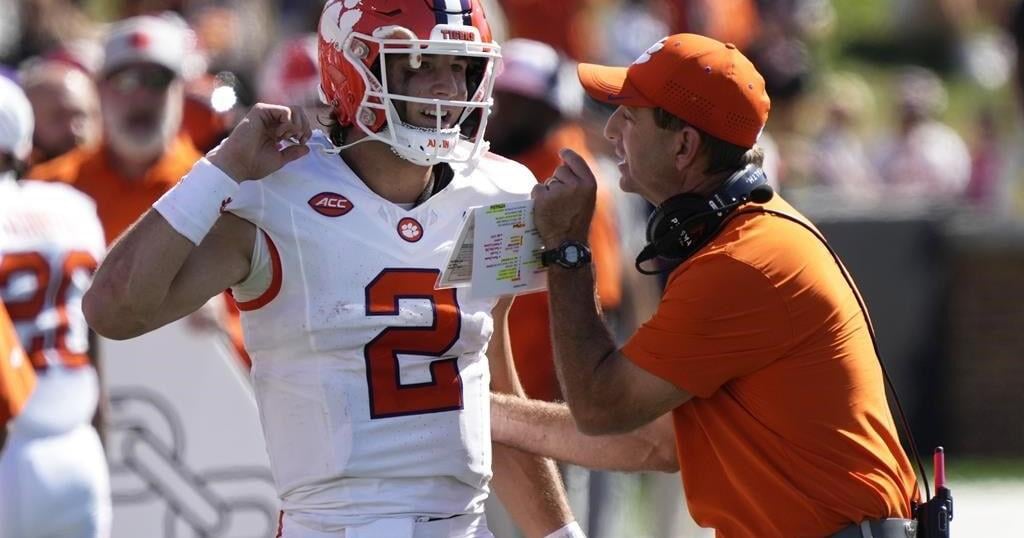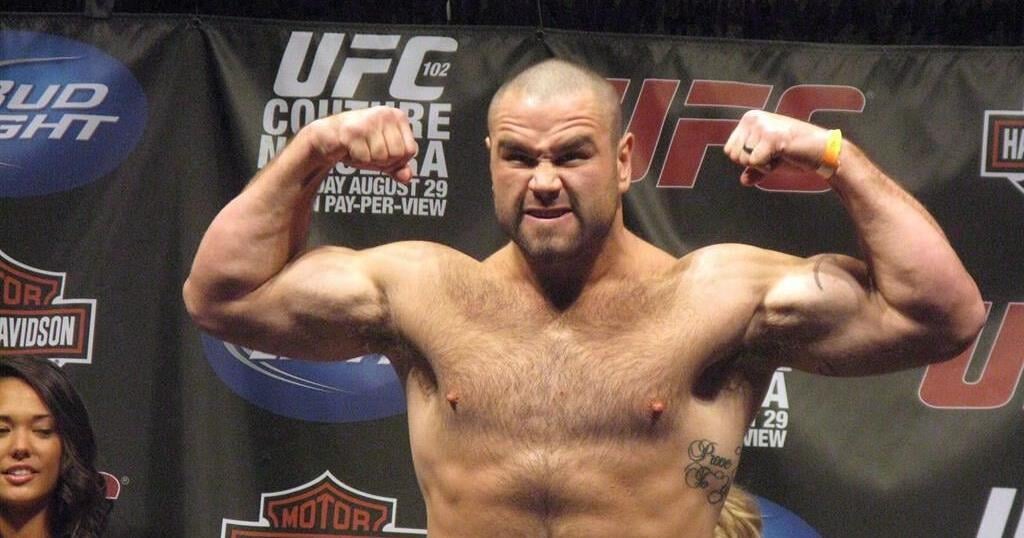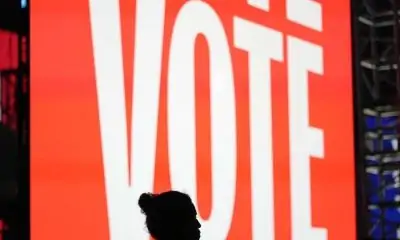In a significant stride toward transparency and accountability, Statistics Canada has announced plans to initiate the collection of race-based crime data. This groundbreaking step, undertaken in collaboration with the Canadian Association of Chiefs of Police (CACP), aims to shed light on the experiences of Indigenous peoples and ethno-cultural communities within Canada’s criminal justice system.
The announcement, made in a news release, outlines the joint efforts of Statistics Canada and the CACP to collaborate with partners and stakeholders in developing a robust system for reporting on victims and accused individuals. The move comes at a crucial time, as law enforcement agencies face mounting criticism for their approach to policing marginalized communities.
Stu Betts, Deputy Chief of the London Police Service and co-chair of the CACP’s statistics committee, emphasized the paramount importance of acquiring quality data. “The need for quality data about the experience of Indigenous peoples and ethno-cultural communities with Canada’s criminal justice system is paramount to understanding the extent to which people from these communities are represented in Canada’s criminal justice system, beginning with their interactions with the police,” stated Betts.
Advocates, including the National Inquiry into Missing and Murdered Indigenous Women and Girls and the Canadian Race Relations Foundation, have long called for such data collection. The move is seen as a crucial step toward gaining insights into how crime impacts different communities. However, advocates also caution that data collection alone may not solve the complex issue of racial profiling.
The push for collecting race-based crime data aligns with broader discussions on systemic racism in policing. Police forces across Canada are facing a reckoning, prompted by a series of high-profile deaths that have sparked public outcry and calls for reform.
Anil Arora, the Chief Statistician of Canada, underscored the potential impact of this data collection on decision-making processes. “Statistics Canada is committed to working with the CACP to ensure Canada’s official police-reported crime statistics reflect indigenous and ethno-cultural groups,” stated Arora in a release.
RCMP Commissioner Brenda Lucki, who committed to collaborating with the federal privacy commissioner on the collection of race-based policing data during a recent committee meeting on systemic racism in policing, welcomed the initiative. In a tweet reacting to the Statistics Canada announcement, Commissioner Lucki emphasized the importance of providing a clearer picture of police interactions with racialized communities to maintain the trust and respect of Canadians.
As this transformative initiative takes shape, it holds the potential to bring about a paradigm shift in understanding the dynamics between law enforcement and marginalized communities, particularly Black Canadians. The ripple effect of this data collection could extend beyond statistical reporting, influencing policy decisions and fostering a more transparent and equitable criminal justice system. However, the challenges and nuances involved in addressing racial profiling and systemic issues remain, making it imperative to view this move as a crucial step in a broader journey toward justice and equality.
Related

